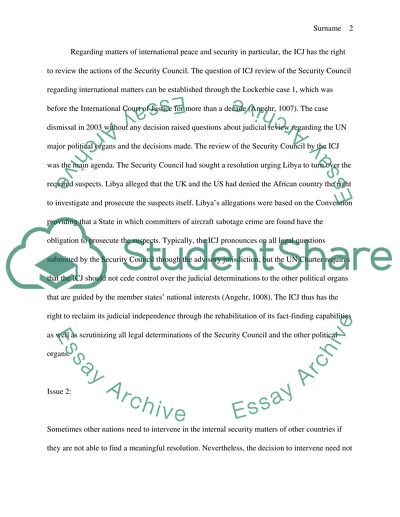Cite this document
(“ICJ case Assignment Example | Topics and Well Written Essays - 2000 words”, n.d.)
ICJ case Assignment Example | Topics and Well Written Essays - 2000 words. Retrieved from https://studentshare.org/law/1640614-icj-case
ICJ case Assignment Example | Topics and Well Written Essays - 2000 words. Retrieved from https://studentshare.org/law/1640614-icj-case
(ICJ Case Assignment Example | Topics and Well Written Essays - 2000 Words)
ICJ Case Assignment Example | Topics and Well Written Essays - 2000 Words. https://studentshare.org/law/1640614-icj-case.
ICJ Case Assignment Example | Topics and Well Written Essays - 2000 Words. https://studentshare.org/law/1640614-icj-case.
“ICJ Case Assignment Example | Topics and Well Written Essays - 2000 Words”, n.d. https://studentshare.org/law/1640614-icj-case.


